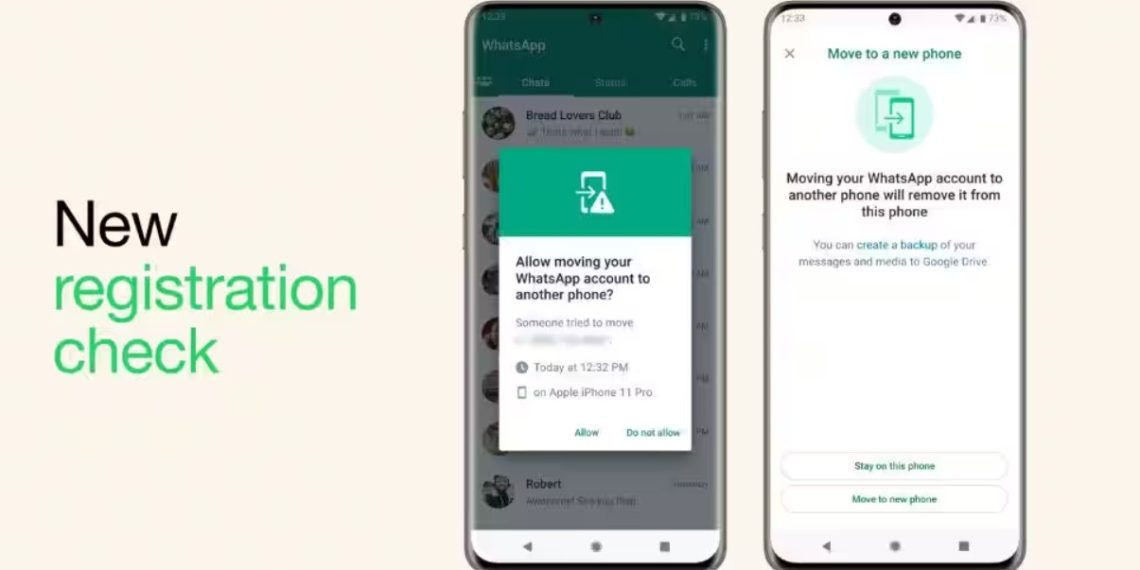WhatsApp is a popular messaging app owned by Meta (formerly Facebook). It allows users to send and receive text messages, and voice messages, make voice and video calls share media files and more. The app uses end-to-end encryption to secure users’ messages, meaning only the sender and recipient can read the messages, and not even WhatsApp can access them.
Recently, WhatsApp has released three new security features to enhance users’ privacy and control over their messages. These features include automatic security codes, device verification, and account protection.
Automatic Security Codes:
This feature allows users to verify that they have a strong connection with the intended recipient of their message. Users will be able to automatically verify that their conversation is secure based on a process called “Key Transparency.”
Device Verification:
This feature helps verify users’ accounts and safeguards them in the event of device compromise. It prevents mobile device malware from using the user’s phone to send spam messages through WhatsApp. Account takeover (ATO) attacks will be lessened with this new feature.
Account Protect:
In case users want to move their WhatsApp account to a new device, WhatsApp may ask them to verify the change on their old device as an additional security check. This helps alert users to any unauthorized attempts to transfer their account to another device.
WhatsApp reminds users that they are the only ones who can activate two security features on their account: two-step verification and encrypted backups from beginning to end. These security features can help protect users’ accounts from unauthorized access and safeguard their chat backups.
Overall, these new security features demonstrate WhatsApp’s commitment to providing its users with additional levels of privacy and security. Users are encouraged to enable these features and keep their app up to date to ensure maximum protection.













































































































































































